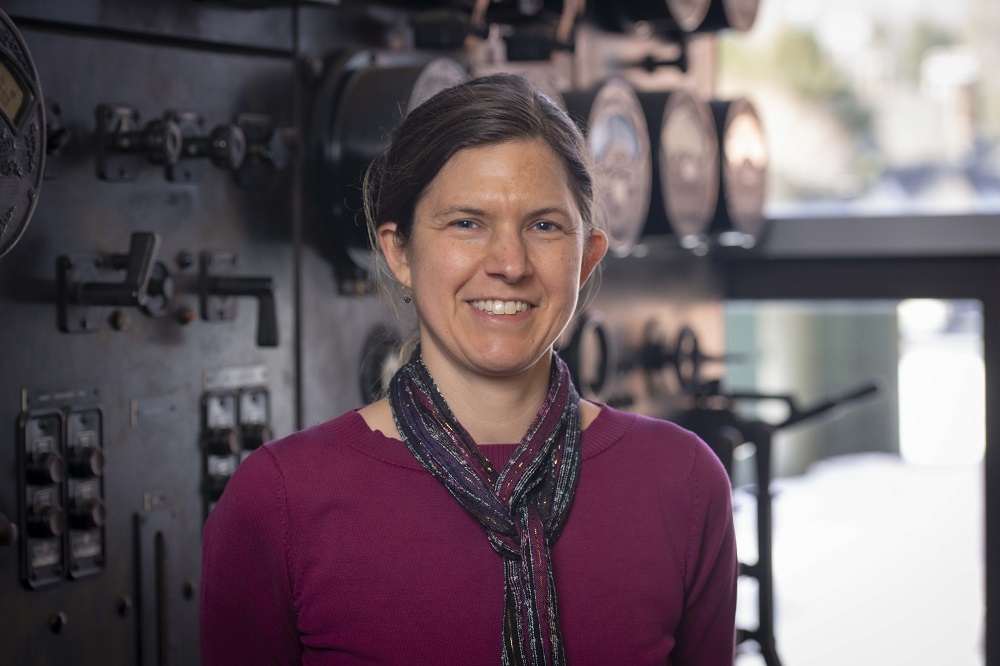Worcester Polytechnic Institute (WPI) researcher Karen Troy, Professor in the Department of Biomedical Engineering, has been awarded a $462,645 grant by the National Institutes of Health to determine the role that muscle and bone strength play in stress fractures in the feet of female runners.
Troy’s three-year project will combine mechanical testing, computational modeling, and analysis of the feet of 45 female runners, including some teen-agers, to identify the factors involved in injuries to foot bones known as metatarsals.
“Bone stress injuries, more commonly known as stress fractures, to the feet are common in female runners, and some of these runners are repeatedly injured, even after they undergo medical treatment, change their shoes, and alter the way they run,” Troy said. “A better understanding of the way that muscle and bone interact to produce these injuries could lead to recommendations that would help doctors and patients assess risk factors for injury and design more effective treatment plans.”
Troy, whose research focuses on the interactions between physical activity and musculoskeletal health, disease, and injury, is principal investigator on the project. Co-investigators are Irene Davis, professor, and Adam Tenforde, associate professor, at Harvard Medical School. Davis is founding director of the Spaulding National Running Center at Spaulding Rehabilitation Hospital in Cambridge, Mass., and Tenforde is the running center’s director of running medicine.

